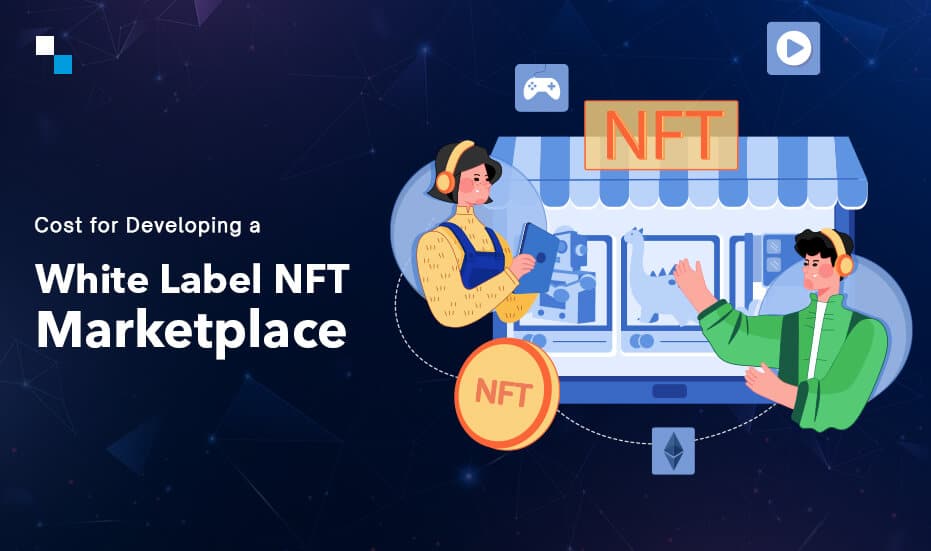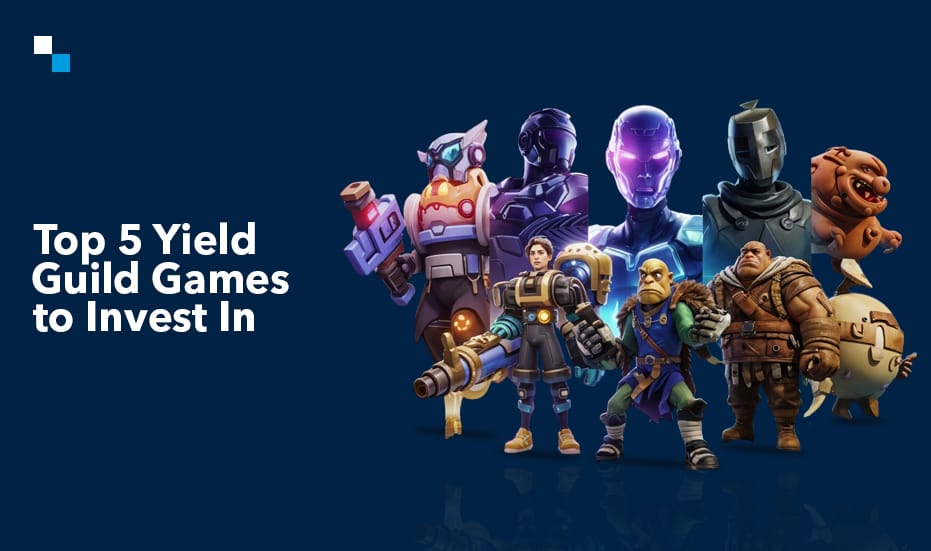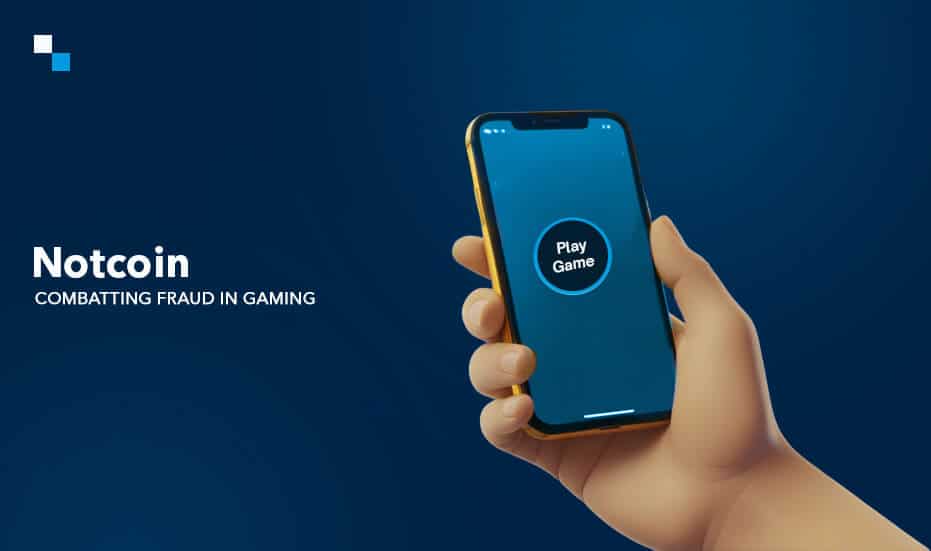
Zero Knowledge Proof-Based Applications Are the Future of DeFi
August 9, 2023
Transforming the Fashion Industry with Custom Blockchain Development Solutions
August 10, 2023A white label NFT marketplace holds significant importance in the rapidly expanding world of non-fungible tokens (NFTs) due to its versatility and efficiency in catering to diverse business needs. Such a marketplace solution provides entrepreneurs, artists, and businesses with a ready-made platform that can be easily customized and branded to suit their specific requirements. This eliminates the need for building a marketplace from scratch, which can be time-consuming, resource-intensive, and technically challenging. With a white label NFT marketplace, businesses can focus on their core strengths, content curation, and community engagement, rather than investing excessive time and effort in the technical development of the platform.
Furthermore, white label NFT marketplace development fosters innovation and collaboration within the NFT ecosystem. It enables creators to showcase their unique digital assets to a wider audience, encouraging the growth of NFT adoption across various industries, from art and entertainment to gaming and collectibles. This democratization of digital ownership empowers creators to monetize their creations directly and engage with their audience, while collectors can discover and invest in a diverse range of NFTs. Ultimately, a white label NFT marketplace serves as a catalyst for the NFT movement, facilitating the seamless exchange of digital assets and contributing to the overall decentralization of the global economy.
In this blog, we’ll take a dive deeper into the core features of an ideal white label NFT marketplace and the overall development cost that every white label NFT marketplace development company must be aware of. Let’s get started!
Primary Features of a White Label NFT Marketplace
There are a number of features that are typically included in white label NFT marketplace development. These features may vary depending on the specific solution, but some of the most common features that every white label NFT marketplace development company must consider include:
- Secure and scalable infrastructure
The marketplace should be built on a secure and scalable blockchain platform, such as Ethereum or Solana. This will ensure that transactions are safe and that the marketplace can handle a high volume of traffic. - User-friendly interface
The marketplace should have a user-friendly interface that makes it easy for users to browse, buy, and sell NFTs. The interface should also be mobile-friendly, as more and more people are using their smartphones to access NFT marketplaces. - Multi-chain support
The marketplace should support multiple blockchains, such as Ethereum, Solana, and Flow. This will allow users to trade NFTs on the blockchain of their choice. - Customization
The marketplace should be customizable so that businesses can rebrand it to fit their own branding and identity. This will help to create a more cohesive user experience and to build brand awareness.
Features for creators
The marketplace should include features that make it easy for creators to mint and sell their NFTs. This may include features such as royalty payments, marketing tools, and analytics.
Features for collectors
The marketplace should also include features that make it easy for collectors to find and buy NFTs. This may include features such as search filters, price alerts, and wishlists.
In addition to these features, some white label NFT marketplaces may also offer additional features, such as:
- Lazy minting: This feature allows creators to mint NFTs without paying gas fees upfront. The gas fees are only paid when the NFT is sold.
- Rent-to-earn: This feature allows users to rent NFTs to other users. This can be a way for creators to generate passive income from their NFTs.
- Royalties: This feature allows creators to earn a percentage of the sale price of their NFTs every time they are resold.

Cost to Create White Label NFT Marketplace
The more features that are included in the marketplace, the higher the cost to create White label NFT marketplace will be. Some of the most common features that can affect the cost include:
- Secure and scalable infrastructure
The marketplace should be built on a secure and scalable blockchain platform, such as Ethereum or Solana. This will ensure that transactions are safe and that the marketplace can handle a high volume of traffic. - User-friendly interface
The marketplace should have a user-friendly interface that makes it easy for users to browse, buy, and sell NFTs. The interface should also be mobile-friendly, as more and more people are using their smartphones to access NFT marketplaces. - Multi-chain support
The marketplace should support multiple blockchains, such as Ethereum, Solana, and Flow. This will allow users to trade NFTs on the blockchain of their choice. - Customization
The marketplace should be customizable so that businesses can rebrand it to fit their own branding and identity. This will help to create a more cohesive user experience and to build brand awareness. - The blockchain platform used
The blockchain platform that the marketplace is built on will also affect the NFT marketplace development cost. Some blockchain platforms, such as Ethereum, are more expensive to use than others. - The volume of traffic
The volume of traffic that the marketplace is expected to handle will also affect the NFT marketplace development cost. If the marketplace is expected to handle a high volume of traffic, the cost will be higher than if the marketplace is expected to handle a lower volume of traffic.
Tips for reducing the cost to create White Label NFT Marketplace:
- Start with a basic MVP: If you are on a tight budget, you may want to start with a basic MVP (minimum viable product). This will allow you to get your marketplace up and running quickly and cheaply. You can then add additional features and functionality later on as your budget allows.
- Use a white label solution: If you do not have the resources to develop your own NFT marketplace from scratch, you can use a white label solution. This will allow you to get a marketplace up and running quickly and cheaply.
- Choose the right blockchain platform: The blockchain platform that you choose will have a significant impact on the NFT marketplace development cost. Some blockchain platforms are more expensive to use than others.
- Outsource development: If you do not have the in-house resources to develop your own NFT marketplace, you can outsource development to a third-party developer. This can be a cost-effective way to get your marketplace up and running.
It is important to note that the cost of white label NFT marketplace development can vary significantly depending on the specific factors involved. Businesses should carefully consider their needs and requirements before making a decision.
Planning to build your own NFT marketplace from scratch? Antier can be your ideal digital partner to develop white label NFT marketplace backed by the deep expertise and skillset in the NFT space. Book a live demo today!



